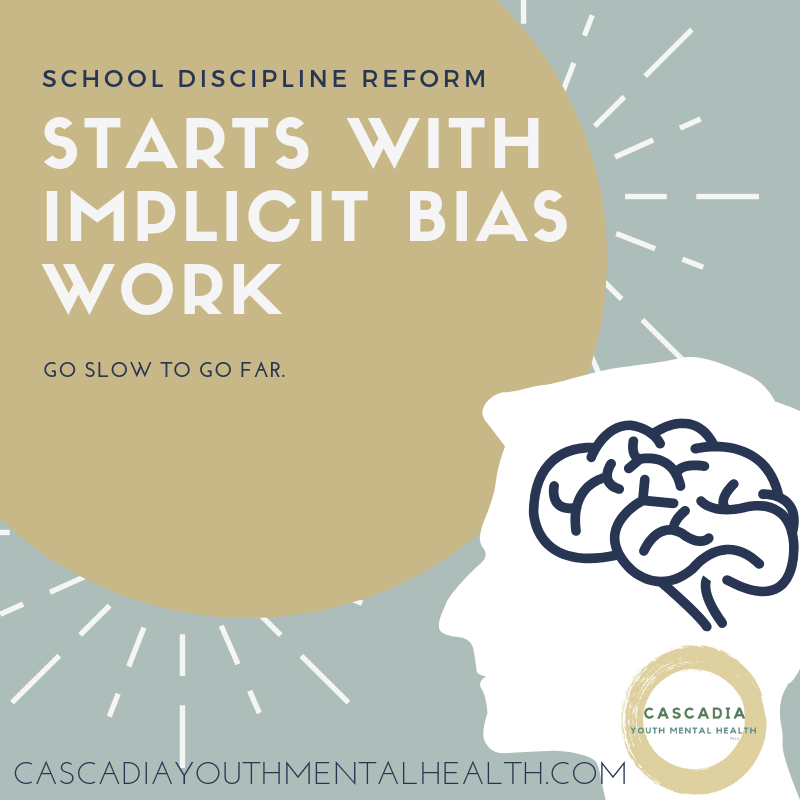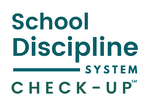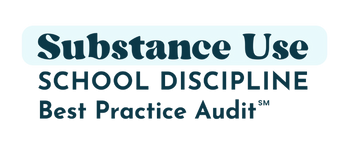|
Prior to implementing Restorative Practices, Positive Behavioral Interventions and Supports (PBIS), or any other school-wide behavioral support system, districts, buildings and teachers in traditional school systems may benefit from developing ongoing opportunities for leaders (especially!) and staff to reflect on, and challenge, systemic racism and implicit bias; and learn about how trauma impacts the brain and behavior.
Without these transformational elements as our foundation, we are failing to get at the root causes of disproportionality in discipline. We must be willing to put the brakes on moving forward with PBIS and Restorative Practices implementation in schools, and recognize the importance of transforming our foundations and our soil. School staff need to understand what is happening inside a student's brains when they act out, so that they can more effectively respond in a way that allows the child to develop new neural pathways (and new ways of responding to stress). We need to engage in conversations with our professional colleagues about our own implicit bias and prejudices, as well as learn about the prevalence and impact of daily exposure to microaggressions that our students are exposed to. We must support one another through that work. We cannot rush this process and we cannot "fix" disproportionality in school discipline without talking about bias, racism, oppression, privilege, and trauma. Take your time. Find the mess. Stay there for a while.
0 Comments
Your comment will be posted after it is approved.
Leave a Reply. |
AuthorTammy Dee, MSW. Archives
August 2019
Categories
All
|
|
ABOUT CASCADia youth mental health pllc (DBA transform discipline)
Cascadia Youth Mental Health PLLC helps youth-serving systems create environments that promote youth mental health and reduce risk for youth substance use through organizational consulting. Services include: school discipline policy and procedure consulting, substance use discipline consulting, training, and education. Programs specialize school discipline reform and alternatives to suspension and juvenile justice programs, and school substance use intervention. |
|
Website Privacy Policy & Terms and Conditions
|
Content Disclaimer: Any educational information on this site is educational only. It is not a substitute for professional psychological, mental health, psychiatric or medical advice, diagnosis, or treatment. Cascadia Youth Mental Health PLLC and its members assume no liability for any action taken in reliance upon information contained in this site.
|
substance use discipline practices
|
restorative practices
|
School mental health
|
School Discipline
|


 RSS Feed
RSS Feed

